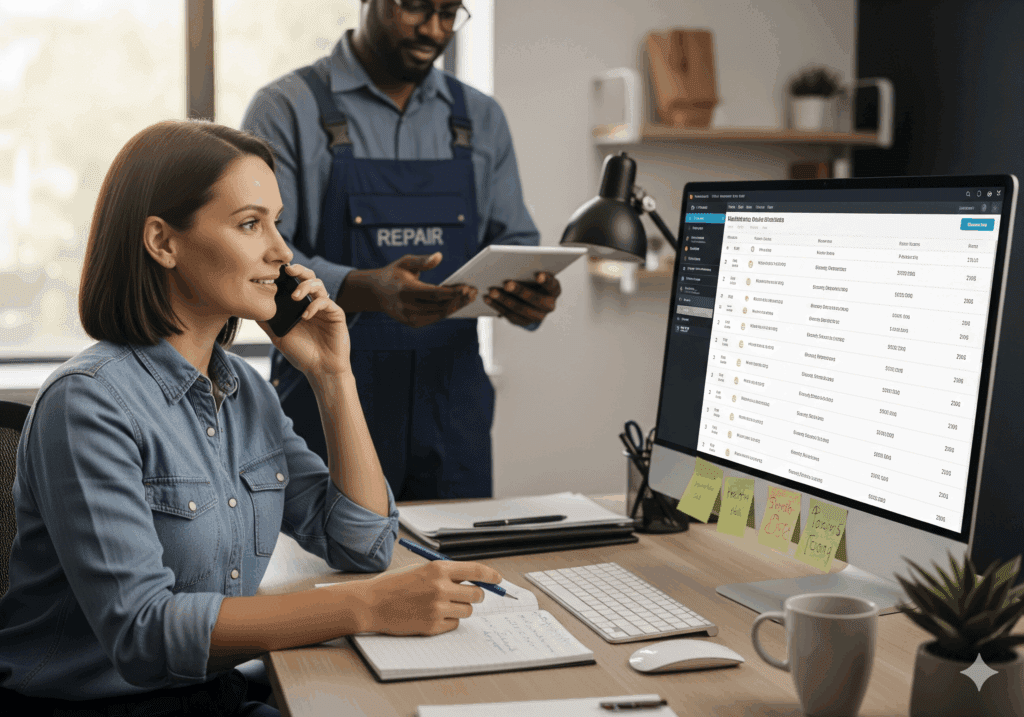
A maintenance coordinator plays a critical role in ensuring the smooth operation and safety of a property, facility, or organization. They serve as the communication bridge between technicians, vendors, property managers, and tenants, ensuring all maintenance activities are planned, prioritized, and completed efficiently. To be truly effective in this role, a maintenance coordinator must possess a unique combination of technical expertise, organizational skills, and strong interpersonal skills. Below are the essential qualities every outstanding maintenance coordinator should have:
1. Strong Organizational Skills
An effective maintenance coordinator must be highly organized. From tracking maintenance requests and scheduling repairs to maintaining inventory and coordinating vendor services, they juggle multiple tasks daily. A well-organized coordinator ensures nothing falls through the cracks, resulting in fewer delays and improved service quality.
2. Excellent Communication Abilities
Clear, professional communication is vital. Coordinators must effectively convey information between property managers, technicians, residents, and suppliers. They must also know how to write clear work orders, maintenance reports, and service updates. Strong communication minimizes misunderstandings and keeps operations running smoothly.
3. Proactive Problem-Solving
Rather than waiting for problems to arise, great maintenance coordinators anticipate issues and take steps to prevent them. This includes proactive inspections, following preventive maintenance schedules, and identifying recurring issues that need long-term solutions.
4. Technical Understanding
While not always responsible for performing repairs, a coordinator must understand the basics of HVAC, plumbing, electrical, and structural systems. This knowledge helps them assess the urgency of issues, speak confidently with technicians, and make informed decisions.
5. Attention to Detail
Overlooking even a small issue, such as a slow leak or a flickering light, can lead to costly repairs or safety hazards later. Effective coordinators are detail-oriented, catching problems early and ensuring all tasks are completed thoroughly.
6. Ability to Prioritize
Not all maintenance requests are urgent. Coordinators must quickly evaluate and categorize issues by urgency and importance. This ensures that critical tasks like water leaks or safety hazards are addressed immediately, while less urgent requests are scheduled appropriately.
7. Adaptability and Flexibility
Maintenance needs can change rapidly due to weather, emergencies, or last-minute vendor cancellations. A top-tier coordinator adapts quickly, stays calm under pressure, and adjusts plans as needed to keep operations on track.
8. Customer Service Mindset
Whether dealing with tenants, building occupants, or internal staff, a professional demeanor and helpful attitude go a long way. Coordinators must listen actively, respond courteously to concerns, and follow up to ensure satisfaction.
9. Knowledge of Safety Regulations
Understanding workplace safety standards, building codes, and environmental regulations is essential. A good coordinator ensures all maintenance work complies with legal and safety requirements, reducing liability and protecting all involved.
10. Familiarity with Maintenance Software and Tools
Modern maintenance coordination relies on digital tools like Computerized Maintenance Management Systems (CMMS), spreadsheets, and mobile apps. Proficiency in these platforms boosts efficiency, recordkeeping accuracy, and scheduling effectiveness.
Conclusion
An effective maintenance coordinator is much more than a scheduler; they are the linchpin of the property or facility’s upkeep. With the right mix of soft skills, technical know how, and strategic thinking, coordinators can significantly impact tenant satisfaction, property longevity, and operational cost-efficiency. Investing in developing these essential qualities ensures long-term success for both the coordinator and the organization they support.
